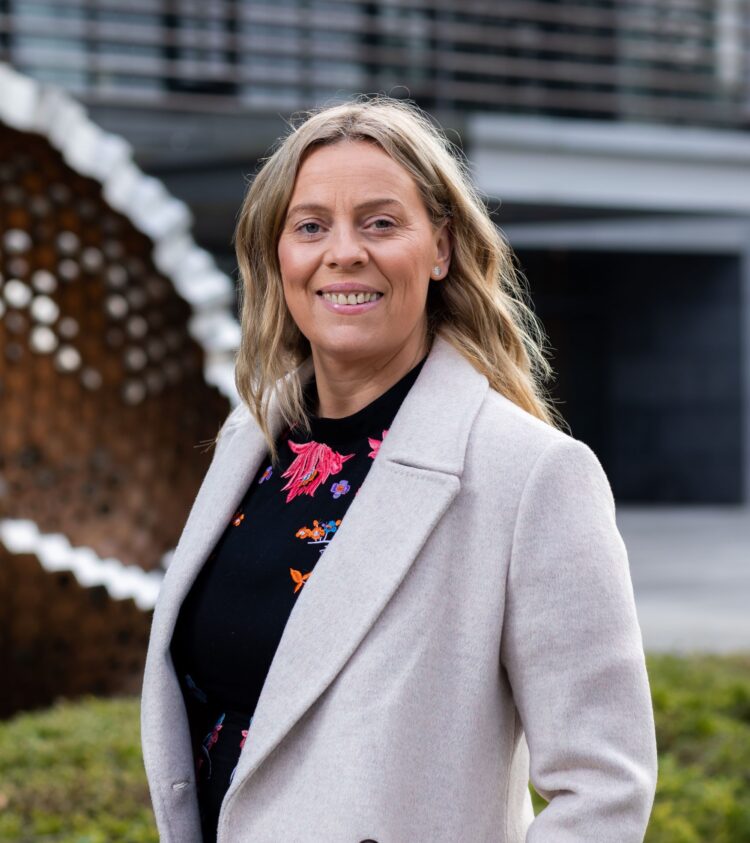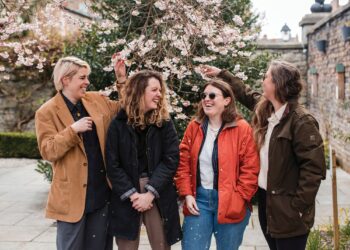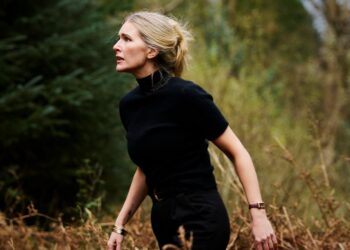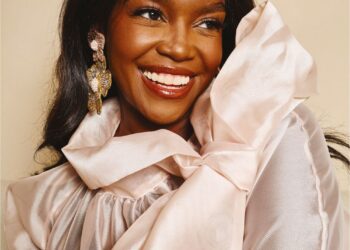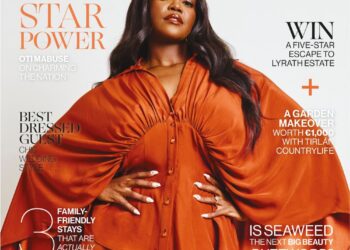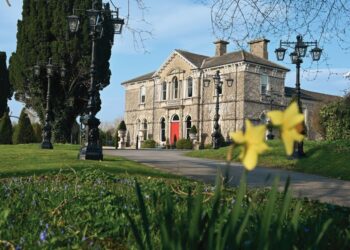The Irish writer talks about the importance of ‘not being guarded’ when writing about life experiences and the monthly ritual with her father that taught her about equality
You discuss so many huge topics in your book – drug addiction, social inclusion, the far-reaching effects of poverty – what was the catalyst for finally sitting down to write it?
“Being asked by Penguin really pushed me to consider writing my story. I had been telling my story in education spaces, but the catalyst was being asked. I think I have always wanted to be heard, especially as a child. I felt unseen, unheard, so there was a deep need to have my story heard. As I have healed, the desire has gone, but it definitely was there when I started writing the book.”
How has life been since the publication of the book and subsequent reaction?
“Life has been busy! And also lovely! I was afraid of how my story would be received, I was worried that I would be judged harshly. But these fears were unfounded, and I have experienced so much care and kindness it has been lovely. My life has changed since publication – I am doing more talks and sharing my story more with people. I am also more conscious that the world is a nice place. The kindness from people has been gorgeous, so much love and support from strangers reminds me that the world is a lovely place.”
Was there ever a moment where you thought ‘I can’t write that’ or where you worried about what your immediate or extended family might think of something that happened?
“There were many moments where I thought this – when I wrote about my parents, when I wrote about abortion, when I wrote about my difficulty being a mother. I was also conscious of my siblings – this is my story, not theirs – and trying to protect them was hard. I had to weigh up the pros and cons of telling my story and in the end I didn’t want it to be guarded, I wanted to tell my truth, in the hope it might help people understand the impact of poverty on a woman’s life.”
What is the best piece of advice you received as a teenager or young adult?
“I was told by my youth worker Mel to never give up on myself. He told me this as a teenager and it was lovely of him to try to help me. As a young adult, when my dad moved to Dublin and got to sober, he used to take me to The Gresham once a month for tea and scones. I was so uncomfortable in there, but he would say, you belong everywhere, you are as good as anyone here. I am not sure he believed that himself but it was good advice. We are just the same really. Privilege and poverty may separate us, but we eat and drink tea all the same ways!”
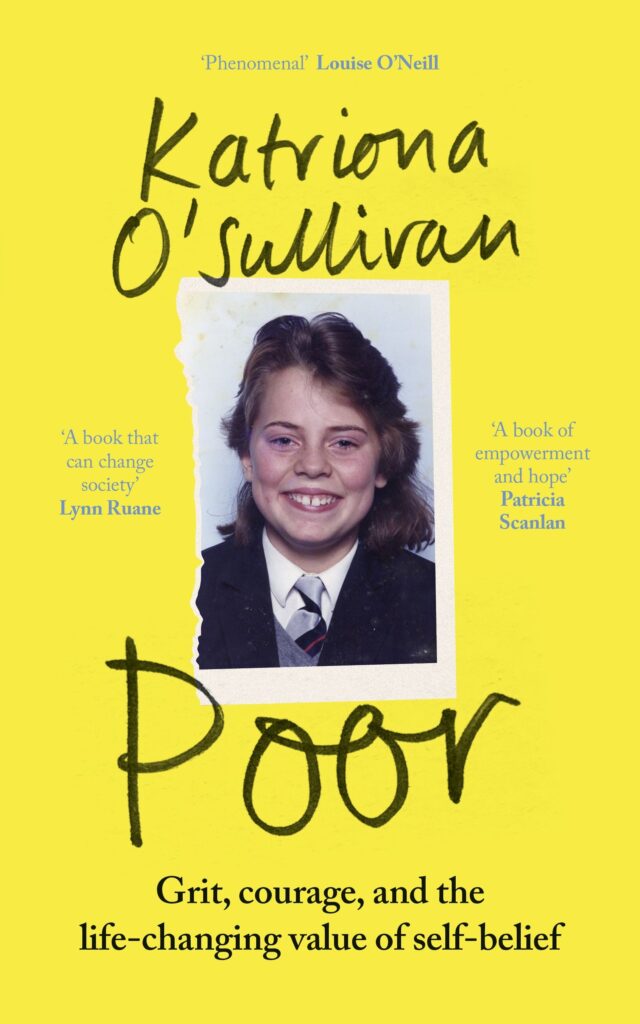
What type of books do you like to read in your spare time?
“I love fiction. And I read a lot! I loved Hello Beautiful by Ann Napolitano which I read recently- it is stories about strong, complex women. I also loved Karl Geary’s Juno Loves Legs and Kala by Colin Walsh. I love good characters and drama. When I was a kid Maeve Binchy and Patricia Scanlon were my go-to books – City Girl and City Woman made me want to move to Dublin and live on the seafront! I don’t like books that are too dark. Even when I wrote Poor I wanted it to have some hope, and triumph, and humour in it – the idea of poverty porn makes me cringe.”
What’s the one book you wish you had written and one that you read over and over again?
“Wow, so many books I wished I had written! I get so enthralled in a story and then I envy the writer for their abilities. I highlight parts of books so I can understand how the author got me to ‘feel’. I wish I had written Claire Keegan’s Foster. I have read this at least twenty times. It is beautiful. I read Oh, The Places You’ll Go! [by Dr Seuss] over and over. It reminds me of the journey we are on – a good friend bought it for me when I graduated from TCD and I always return to it.”
Dr Katriona O’Sullivan will appear at the Dingle Literary Festival on Sunday 19 November where she will be interviewed by Deanna O’Connor. Visit dinglelit.ie for more information on this as well as other talks and events taking place over the weekend.

